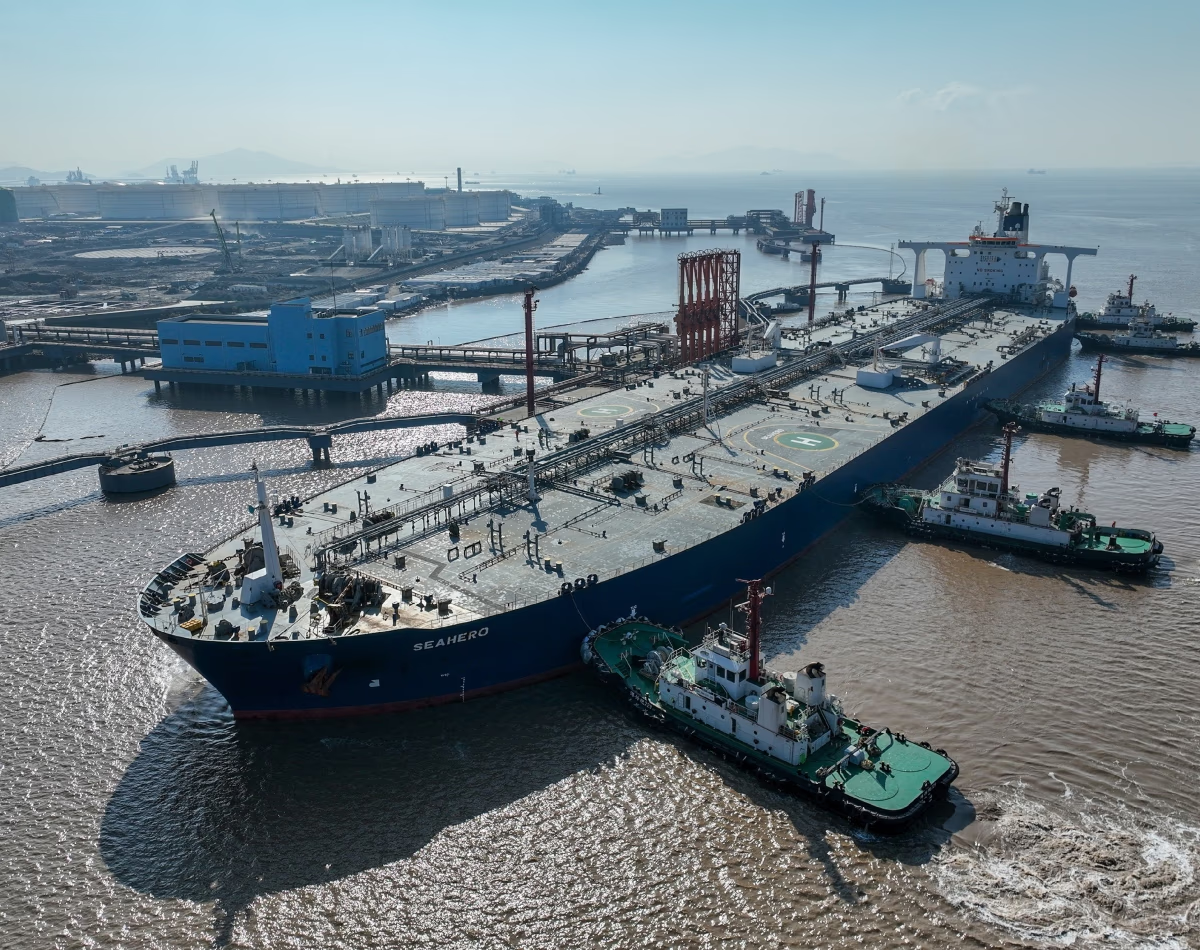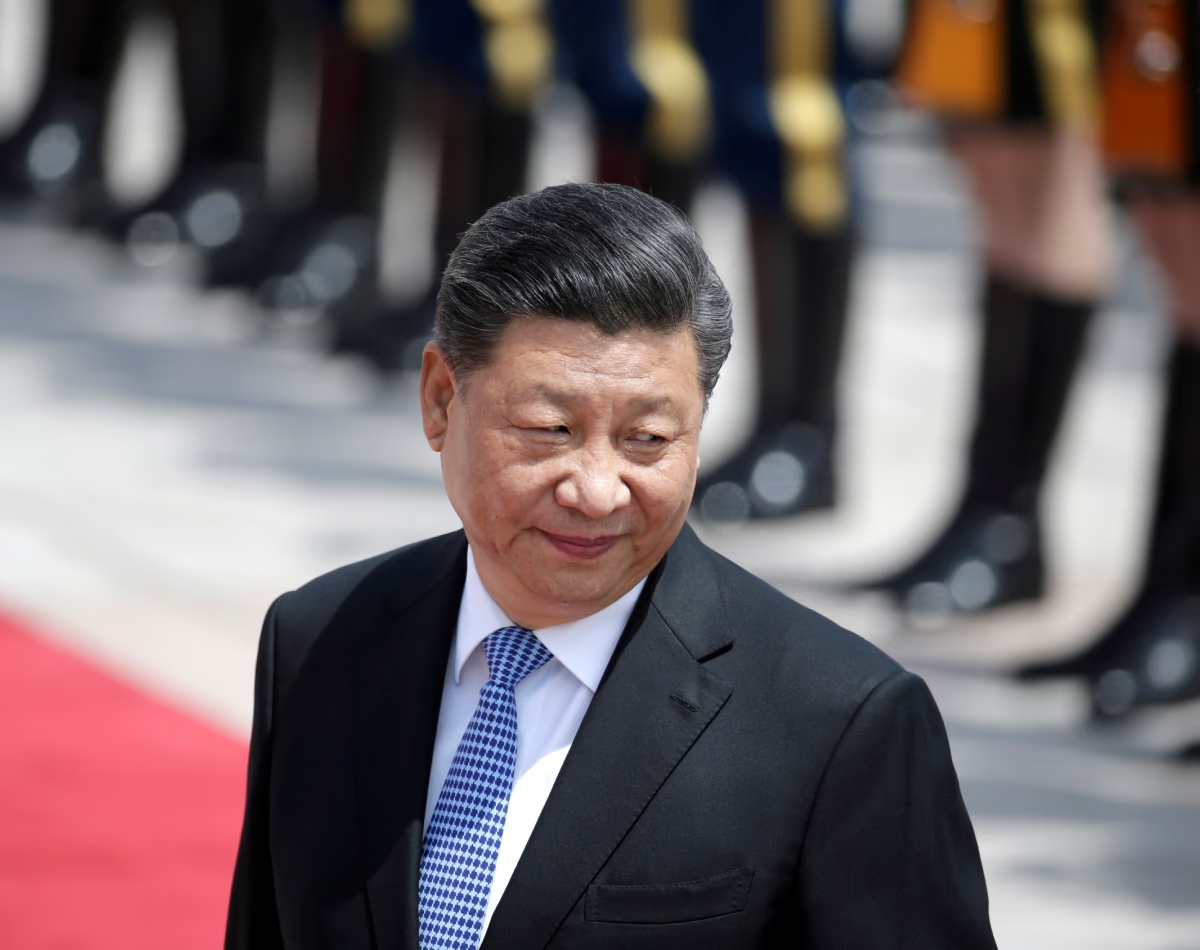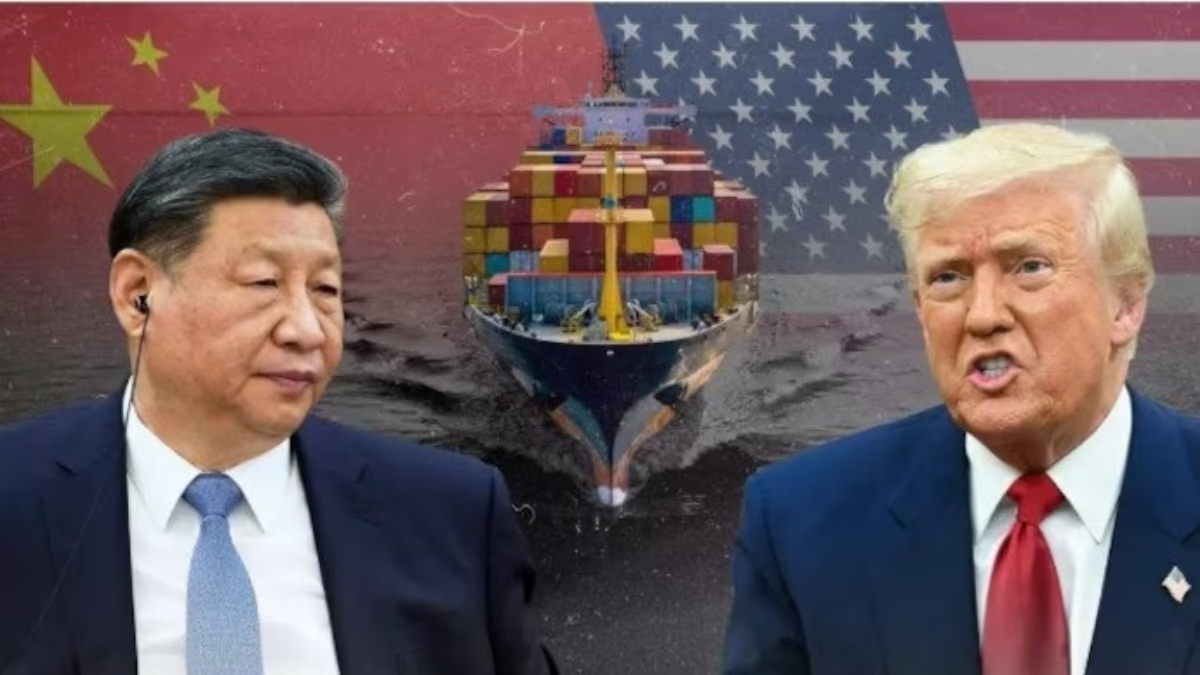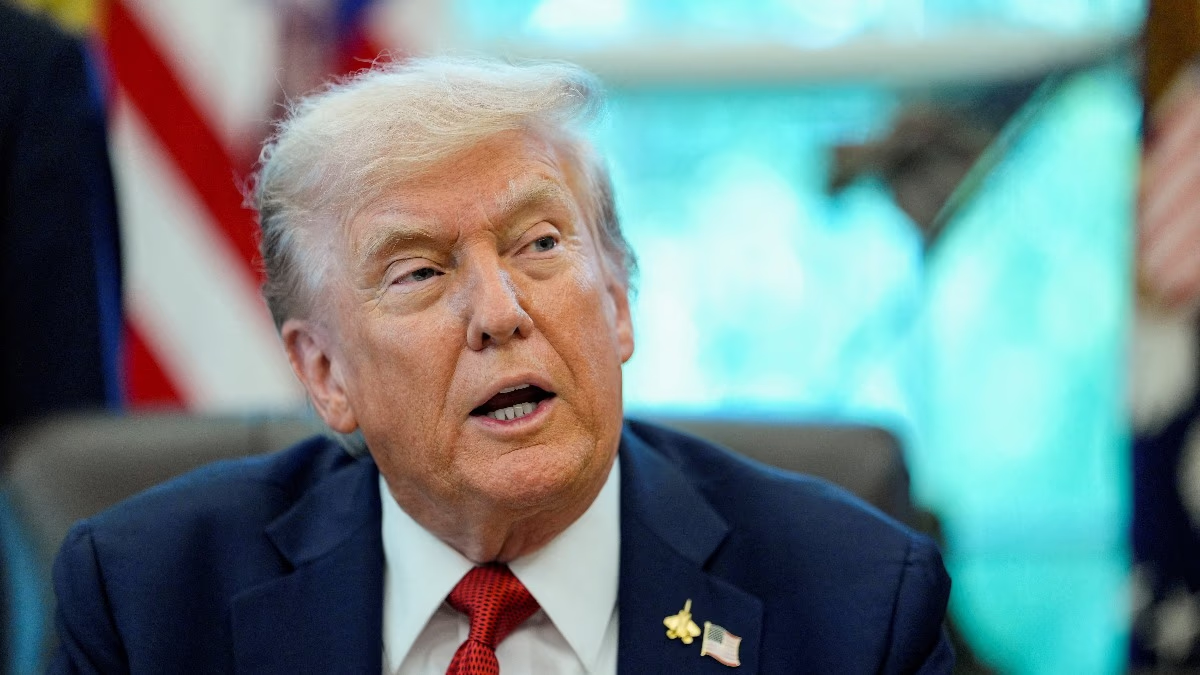The United States has imposed numerous sanctions on Iran’s crude oil over the years with the aim of disabling financial transactions related to Iranian oil. Nonetheless, China has emerged as the largest buyer of Iran’s crude oil, continuously procuring billions of dollars worth despite the bans.
Continued Purchases Despite US Sanctions
Reports highlight that Iran signed the JCPOA nuclear deal in 2015, after which the U.S. lifted some sanctions temporarily. However, during Donald Trump's administration, the U.S. withdrew from the deal, reinstating the stringent sanctions on Iran's oil exports. Yet, China continues importing crude from Iran through a strategic approach that blindsides America.
China skillfully navigates U.S. sanctions, importing oil through indirect routes. Data suggests that China imports nearly a million barrels of Iranian oil per day, often blending it with oil from Malaysia and Oman to evade the American embargo.

Source: aajtak
China's Unrivaled Maneuvers
The Wall Street Journal elaborates on China's clever tactics, citing officials who reveal that Beijing employs a unique mechanism involving the swapping of Iranian crude through China-built infrastructure, thereby circumventing global banking sanctions.
This approach has significantly reinforced economic ties between two of the U.S.'s top adversaries. Projections show that oil revenue from these operations could finance up to $8.4 billion worth of Chinese projects in Iran by 2024, with about 90% of Iran’s estimated $43 billion oil exports destined for China.
How the Chinese Strategy Works
The comprehensive strategy outlined in reports involves two Chinese entities: the state-owned export and credit insurance company, SinoShure, and Chuxin, a financial mediator. While not officially listed, Chuxin plays a crucial role in the transaction process.
Iran sells crude to a Chinese buyer, frequently a trader associated with Zhuhai Zhenrong, which is government-owned. Instead of paying Iran directly, the buyer deposits millions of dollars monthly with Chuxin. This amount then goes to major Chinese builders engaged in infrastructure projects in Iran. Despite the inherent risks, SinoShure insures these projects, ensuring smooth operations.

Source: aajtak
Mutual Gains for China and Iran
Iranian crude never enters China openly. Instead, shipments are often blended with other nations' oil via ship-to-ship transfers at sea before reaching Chinese ports, thus concealing the seller's identity. This method allows Chinese customs agents to bypass formally declaring Iranian imports. While this buying supports Tehran's sanction-impacted economy, China gains access to oil at discounted rates. Chinese companies have constructed or enhanced key projects in Iran, from airports to refineries, under this deal.
Nonetheless, The Wall Street Journal reports that officials term the Sino-Iranian play a political threat to the U.S. sanctions policy. The U.S., focusing on smaller Chinese companies connected to Iran, avoids blacklisting major state-owned enterprises like SinoShure amid escalating tensions with Beijing.




